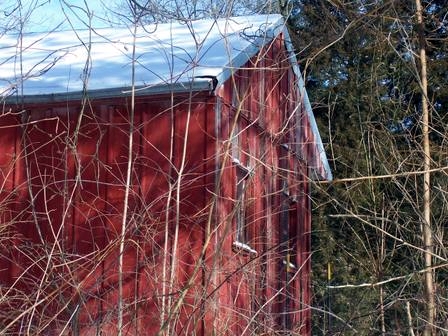I read the sports page every day. There is something comforting about it. Most of the stories are about a games. Football, Basketball, Cricket, Soccer, Tennis. I think the thing that is appealing about reading the sports page is that there are clear outcomes. Winners and losers. Things get concluded, decided, wrapped up. There is a clear beginning and ending. There is arguing about whether the game should have ended as it did, but that fades quickly as there are more games to be played.
Occasionally there are stories that don’t fit that formula. And unfortunately, most of those have to do with lives messed up because of accidents or violent behavior toward family members or others in the community.
But today, there is a different kind of story. It is a story about Adam Tatalovich who is a basketball coach in Perth, Australia. And this is a story about all the people who helped him become a professional basketball coach. They were people he had met and one’s he had not. They were coaches and managers. He was aware that he didn’t make it where he was alone. This Christmas, he was remembering and thanking those many people.
Adam is 36 years old and he has dozens of people to thank. Being twice his age, I have hundreds of people. As I read the article, I am aware of all the people who have helped me along the way of my life. I started thinking about family members, friends, parishioners, students, shop keepers, service providers, mentors, authors, musicians, artists, poets, professors—innumerable people who have been gifts to me.
So, tonight when we go to the Christmas Eve service at church, I will remember. And I will carry all those people with me and lay them at the altar with a deeply grateful heart. The person I am is the result of the gift of love that has come from so many on my journey.





